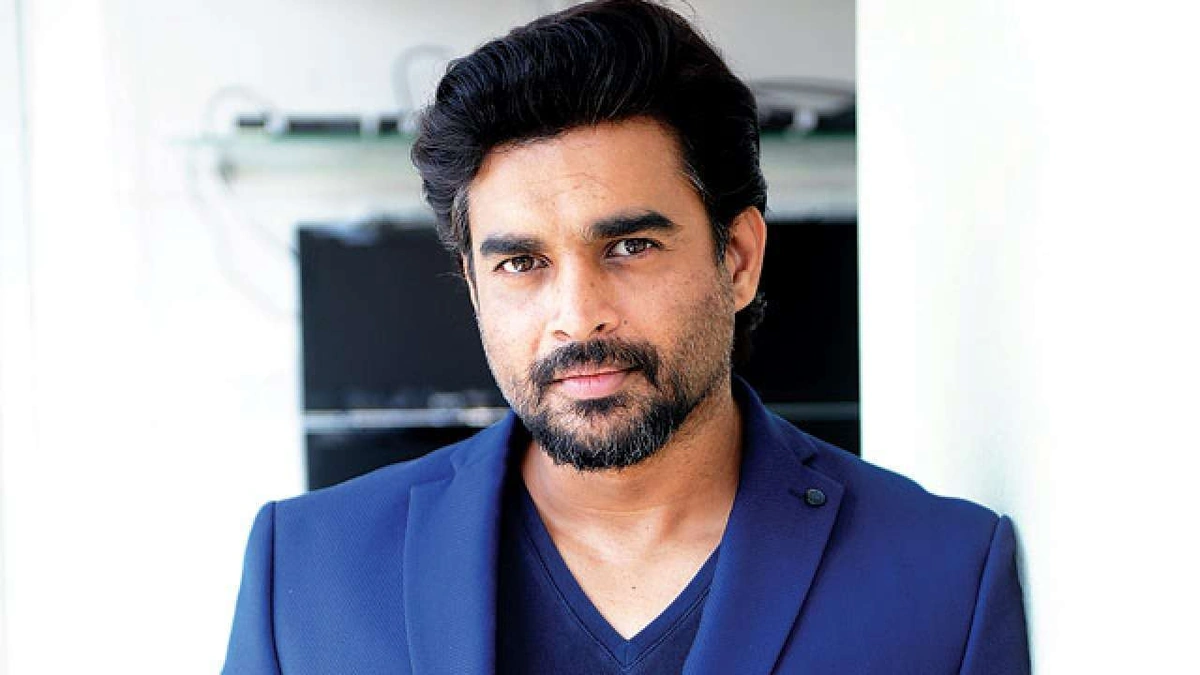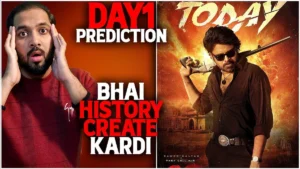The Joy Banerjee Paradox | What Happens When the Spotlight Fades for an Actor in Indian Politics
Let’s sit down for a minute, you and I. Let’s talk about a story that’s been brewing, a story that’s far more interesting than the 2-minute news clips would have you believe. The name on everyone’s lips, at least in certain circles, is Joy Banerjee . On the surface, it’s a simple, almost predictable tale: an actor joins a political party, gets disillusioned, and lashes out. Happens all the time, right?
Wrong. To see this as just another disgruntled politician is to miss the point entirely. Joy Banerjee’s public outburst isn’t just a personal grievance; it’s a cracked window into the very soul of celebrity politics in India, especially within the complex, chaotic theatre of West Bengal. It’s a story about the collision of glamour and grassroots, of promises and political reality. And frankly, it’s a fascinating case study on why the script for an actor-turned-politician so often goes horribly wrong.
So, what’s really going on here? Why does this one man’s frustration matter so much? Let’s break it down.
From Silver Screen to Political Stage | The Classic Playbook

First, we need to understand the ‘why’. Why do political parties roll out the red carpet for actors? It’s a classic playbook, really. Celebrities, especially film stars, come with a pre-packaged deal. They have instant name recognition, a massive fan base that can (theoretically) be converted into a vote bank, and the ability to draw huge crowds. They are, in political jargon, “vote-catchers.”
When the bengali actor Joy Banerjee joined the BJP back in 2014, it fit this mould perfectly. The party was on an upswing nationally and looking to make serious inroads into West Bengal, a fortress of regional parties. Bringing in a known face like Joy was a strategic move. He wasn’t just a candidate; he was a statement. He brought a touch of Tollywood glamour to a party often perceived as an “outsider” in the state’s cultural landscape.
But here’s the thing about this playbook, and it’s a detail parties often conveniently forget: the script they hand the actor is usually paper-thin. It’s great for the opening act the grand rallies, the adoring crowds, the TV debates. But what happens after the election day circus leaves town?
That’s when the real politics begin. And that’s where the story of Joy Banerjee BJP started to sour.
The ‘Outsider’ Dilemma | When Your Famous Face Isn’t Enough

What fascinates me most about this situation is the recurring theme of the “outsider.” This is the core of the problem. An actor, parachuted into a constituency, is often seen by the party’s rank-and-file as just that a parachute candidate. They haven’t spent years climbing the political ladder, organising booth-level meetings, or building a personal cadre. Their currency is fame, not political groundwork.
Initially, this isn’t a problem. But when the initial excitement fades, reality bites. According to his own statements, Joy Banerjee felt completely sidelined. He alleges he wasn’t given responsibilities, his calls went unanswered by senior state leaders, and he was effectively ghosted by the very party that once welcomed him with open arms. This isn’t just about hurt feelings; it’s about a fundamental clash of worlds.
Here’s the breakdown:
- The Grassroots vs. The Glamour: The local party worker, who has dedicated their life to the organisation, can feel resentful of a celebrity who gets a ticket based on screen appeal. This creates a silent, but powerful, internal friction.
- Lack of an Independent Base: Unlike a career politician, a celebrity’s political power is often borrowed from the party. They don’t have their own loyal network of workers. If the party leadership decides to ignore them, they have very little leverage. This seems to be at the heart of the Joy Banerjee news.
- The Expectation Mismatch: The actor expects their stardom to translate into political influence. The party, having used their star power for an election, expects them to now fall in line. When these expectations don’t align, things fall apart.
This isn’t a new phenomenon. We’ve seen it play out with countless celebrities across the political spectrum. The transition from being the star of the show to being just another cog in a massive, unforgiving political machine is a brutal one. For more on this, you can check out some fascinating political analysis on sites likeWikipedia.
The West Bengal Conundrum | A Different Kind of Battlefield

And then there’s the Joy Banerjee West Bengal context. Politics here isn’t like anywhere else. It’s deeply ideological, fiercely competitive, and built on decades of strong, disciplined party cadres first the Left, and now the Trinamool Congress (TMC).
The BJP’s strategy in Bengal was one of rapid, aggressive expansion. This meant inducting a lot of people very quickly from other parties, and of course, from the world of arts and culture. It was a numbers game. But after the high-stakes 2021 Assembly elections, where the BJP fell significantly short of its ambitious target, the internal dynamics shifted. The party reportedly began a period of introspection, and the fault lines started to show.
The very people who were brought in to add star power and swell the ranks were now, in some cases, seen as liabilities or simply not part of the long-term plan. Joy Banerjee’s public criticism of the state leadership calling them inexperienced and out of touch is a symptom of this post-2021 churn. His political career , which once seemed promising, became a casualty of a larger strategic recalibration within the party.
It highlights a crucial lesson: in a politically charged state like West Bengal, celebrity appeal can get you in the door, but it’s the hard, unglamorous work of organisational politics that lets you stay in the room. This journey is a real-life example of the clash between different cultures, something that many find as captivating as an orca killer whale explained documentary.
Frequently Asked Questions (FAQs)
So, who exactly is Joy Banerjee?
Joy Banerjee is a well-known Bengali actor who has starred in numerous films. He ventured into politics by joining the Bharatiya Janata Party (BJP) in 2014 and unsuccessfully contested the Lok Sabha elections from the Birbhum constituency twice.
What did he say that caused the controversy?
He publicly criticised the West Bengal BJP leadership, accusing them of being inexperienced and alleging that he was completely sidelined and ignored by the party for years. He even suggested that he would consider other options, sparking speculation about his political future.
Is he planning to join the TMC or another party?
While he has expressed his disillusionment and mentioned being open to “working for the people” under a different platform, possibly hinting at the TMC, there has been no official confirmation. As of now, it’s speculation based on his strong statements against the BJP .
Why do political parties recruit actors in the first place?
It’s primarily for their immense popularity and name recognition. An actor can draw crowds and attract media attention in a way a traditional politician often cannot, which is extremely valuable during election campaigns.
Is this a common problem for actors who join politics?
Yes, it’s a very common challenge. Many celebrities find it difficult to adapt to the rigid, hierarchical structure of a political party and often struggle to build the grassroots support necessary for a long-term political career. The Joy Banerjee controversy is a classic example of this phenomenon.
In the end, the Joy Banerjee story isn’t just about one actor’s failed political ambition. It’s a mirror held up to the transactional nature of celebrity politics. It reminds us that behind the grand rallies and the patriotic speeches on a day like Independence Day Hindi , there are complex human dramas unfolding. It’s a cautionary tale for both the stars who are dazzled by the allure of power and the parties who see them as little more than a temporary electoral asset.
His story forces us to ask a bigger question: in the relentless pursuit of victory, are we creating a political culture where genuine groundwork is devalued in favour of temporary glamour? I don’t have the answer, but the saga of Joy Banerjee certainly gives us a lot to think about.













